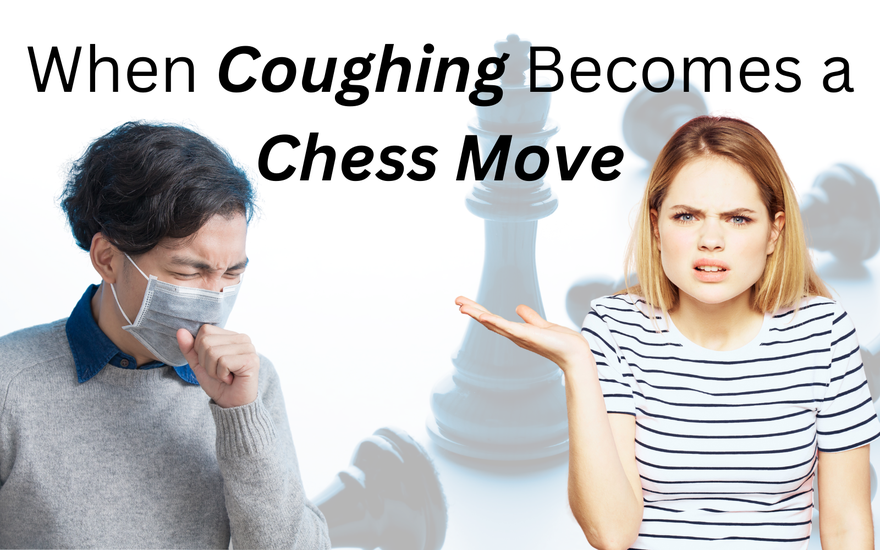Chess is often considered a stressful game, and many players can attest to this fact. However, the scope of the stress involved, especially at a high-level game, is often not grasped by the public.
The level of stress is directly correlated to the mastery of the player. As a player climbs the stairs of the game, they soon realize that a chess game against a well-trained player is like a house of cards: one mistake, and the whole thing collapses – your hard work goes down the drain.
A player who understands this well strives for precision at every turn. Since they invested their time and money in chess and want to achieve results, this contributes to their stress level even further.
A non-chess player perhaps will understand me better if I give a work scenario in which a competing co-worker is constantly looking for an error from you to report to the boss. Let’s say it is reciprocal. 🙂
You don’t have the luxury of losing concentration for a moment and making an inaccuracy. Therefore, you need to try to put aside all distractions and focus on the task at hand, but this is easier said than done, especially if the co-worker is sitting right in front of you and some of their actions directly bother you. In such a case, you would probably complain to your supervisor.
The supervisor is like an arbiter in a chess tournament. According to chess rules, an opponent or anyone in the playing hall should not do anything that can distract a player. Nevertheless, this rule is occasionally broken by your opponent either intentionally or unintentionally. If your opponent does it intentionally, it is easy to point out, and arbiters usually react.
The situation becomes tricky when there is a gray area. Stress can cause some players to do unintentional things that distract their rivals, and this is what makes the situation even more challenging.
For instance, is constant coughing by your opponent during the game allowed? Coughing could be caused by stress, after all.
This question is not hypothetical.
My opponent, GM Vugar Asadli, was sick in the final match of the Azerbaijan Chess Championship 2023. The match consisted of two games, and I lost the first game. No need to say that the second, must-win game was going to be tense
Game Recap:
From the start, I was looking for a way to outplay my opponent, and I needed full, uninterrupted concentration to do so. However, my opponent kept coughing from the moment we sat down.
The coughing bothered me greatly because I was losing my train of thought. Finally, I told him to cough less, which led to an argument that ended with my demand for him to at least wear a mask.
Later, I received some backlash from chess fans in my country for this interaction. I was criticized that I did it just to unsettle my younger opponent. My action was even called unethical! The person was sick, so I should have shown empathy, according to some of them. However, while I think his sickness might have played a role in his coughing, his nervousness was the other significant factor at play.
Anyway, this is not an isolated incident (though it is an extreme example): coughing, sniffling, shaking the board, huffing and puffing, making weird noises, etc. You name it! These are the most common behaviors that directly distract other players.
I don’t think that the chess world needs to go extreme on minimizing distractions. Some individual cases could be understandable. Let’s say a player made a terrible blunder and showed his reaction for a moment or sneezed a few times. However, the distracting behavior should not last the entire game!
I believe it is important to bring up this conversation to create some awareness, and I encourage others to share their experiences too.

Leave a Reply